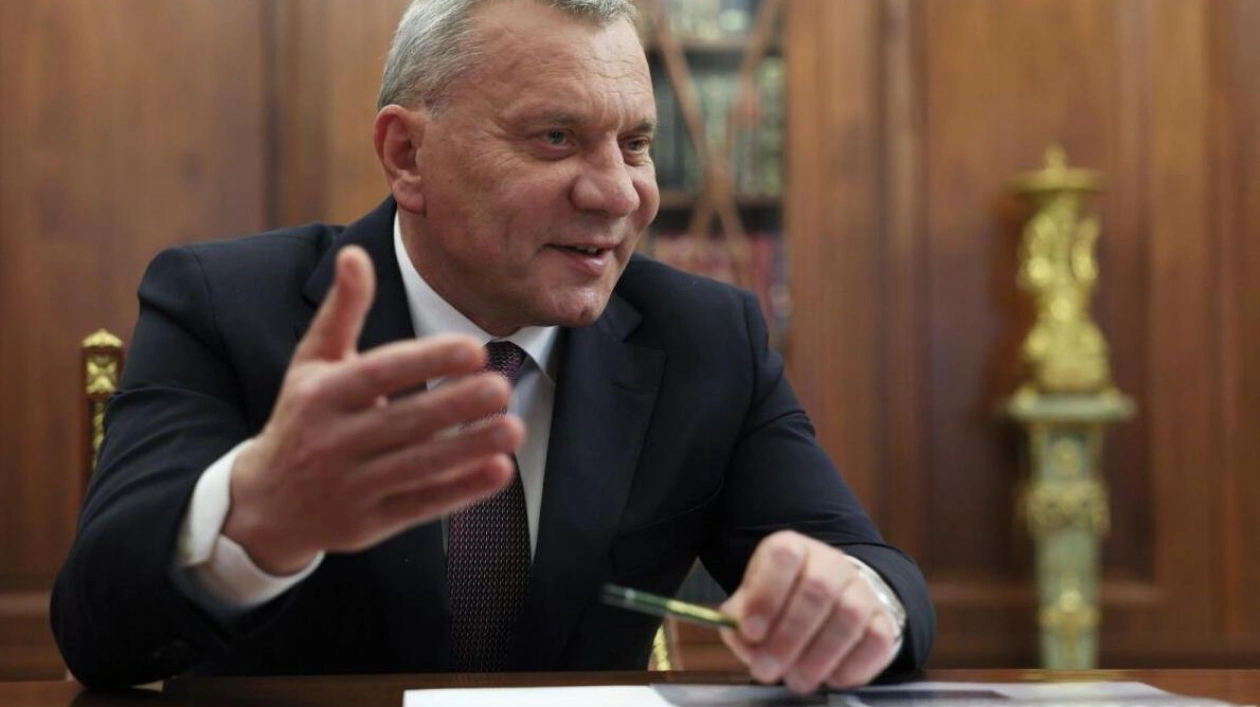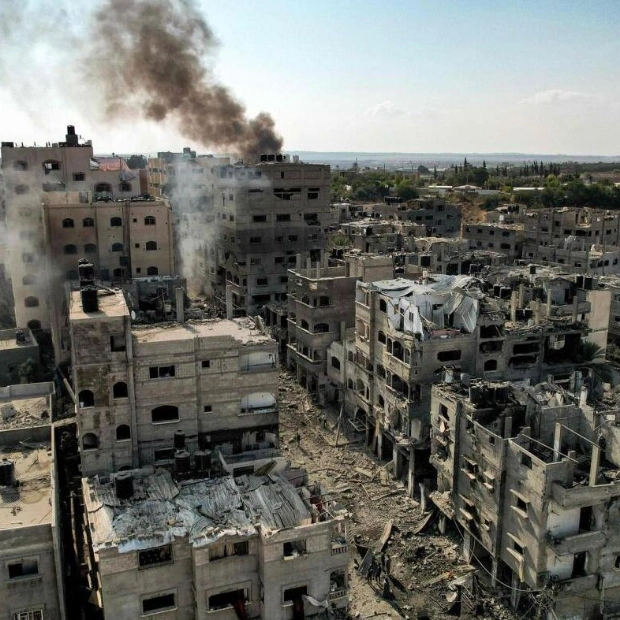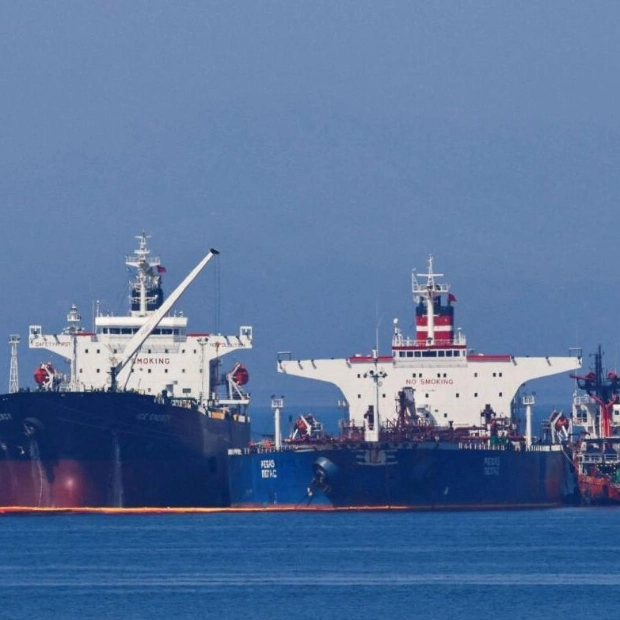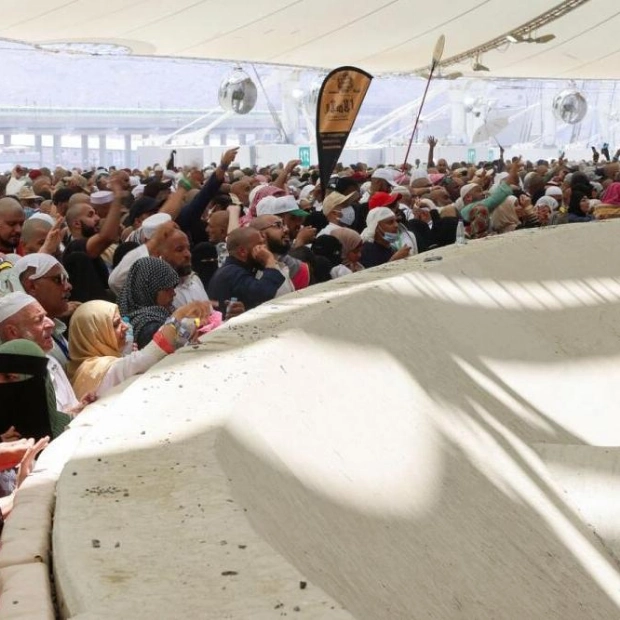Russia's Roscosmos space agency announced on Tuesday that it aims to complete the four-module core of its planned new orbital space station by 2030. Yuri Borisov, the head of Roscosmos, approved the timeline in collaboration with directors from 19 enterprises tasked with constructing the new station. The agency plans to launch the first scientific and energy module in 2027, followed by three additional modules by 2030 and two more between 2031 and 2033.
Russia has been a partner with the United States and other nations on the International Space Station (ISS), despite strained relations due to the invasion of Ukraine. As the ISS nears the end of its operational life, Moscow announced in 2022 its intention to withdraw from the project and develop its own station. Initially planning to exit the ISS after 2024, Russia later extended its participation to 2028. Roscosmos outlined that the approved schedule by Borisov includes flight-testing a new-generation crewed spacecraft and constructing rockets and ground infrastructure.
The new station will allow Russia to address scientific, technological, economic, and security challenges that are currently constrained by technological limitations and international agreements on the Russian segment of the ISS. Russia has long boasted about its space program, notably during the Cold War when Soviet cosmonaut Yuri Gagarin became the first human in space in 1961. However, the program faced a significant setback last year with the failure of its first lunar mission in 47 years, resulting in the spacecraft crashing into the moon's surface.






